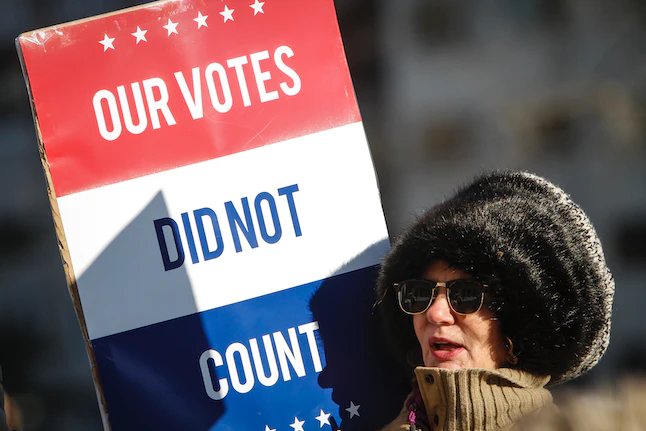The Electoral Commission has said that about 14,000 people in England were denied the vote in local elections last month after they were unable to provide identification required under a new law.

The law, effective from September 2022, mandates voters in England to present photo ID at polling stations. Accepted IDs include passport, driving licence, or government-approved identification.
The Electoral Commission reported that 14,000 individuals, approximately 0.2% of English voters, were unable to vote. However, most were able to vote through proxy or postal ballots.
The commission expressed disappointment over the denial of votes to many individuals. However, it acknowledged the fair implementation of the new law.
The law has faced criticism as a barrier to voting, especially for minority groups lacking required ID. The government defends it, citing the need to prevent voter fraud.
Impact of the law
- The law is criticized as a barrier to voting, especially for certain groups.
- The impact of the ID law on voter turnout is still debated.
- Some studies suggest a small but significant impact on turnout; others find it negligible.
- The Electoral Commission’s report focused on the law’s impact in England.
- The impact of the law may vary in Scotland or Wales.
Reactions to the law
- The new ID law has received mixed reactions, with some welcoming it to prevent voter fraud.
- Critics argue that the law creates a voting barrier, especially for minority groups without required ID.
- The government defends the law, claiming it’s necessary to prevent voter fraud.
- They also assure that eligible voters will not be prevented from voting by the law.
European Leaders Convene in Moldova to Address Security Concerns Amid Russian Aggression
